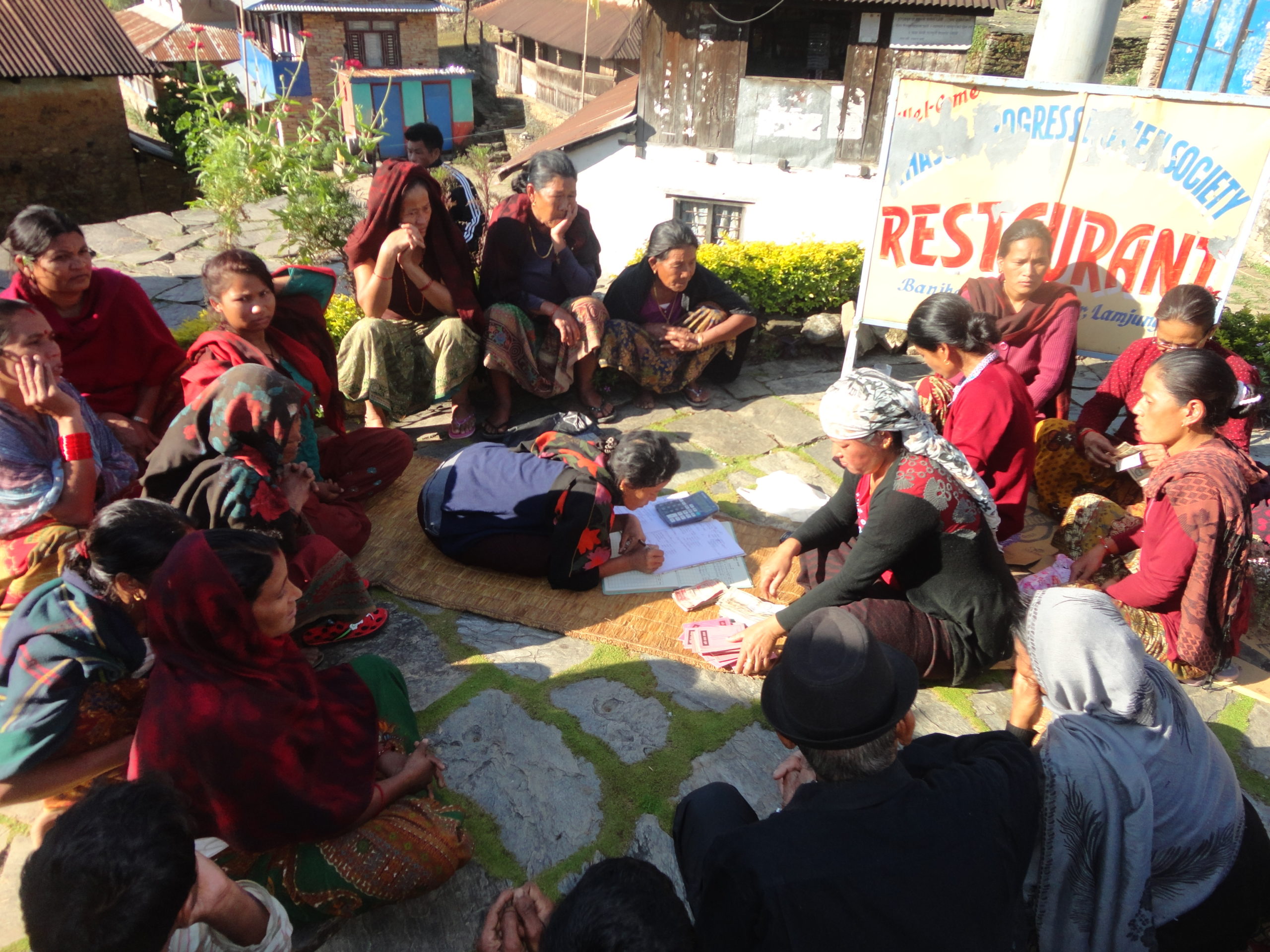Justice in Nature-Based Solutions
In this new article led by my colleague at ICTA-UAB, Isabelle Anguelovski, we propose a “justice-inspired” framework to think about, design and implement Nature-Based Solutions (NBS), which have been heavily featured over the last few years in global research and policy agreements. We argue that as NBS become mainstream climate mitigation and adaptation options, their capacity to deliver expected benefits, especially when contemplating equity and justice, is at least uncertain. Through a critical review of…




